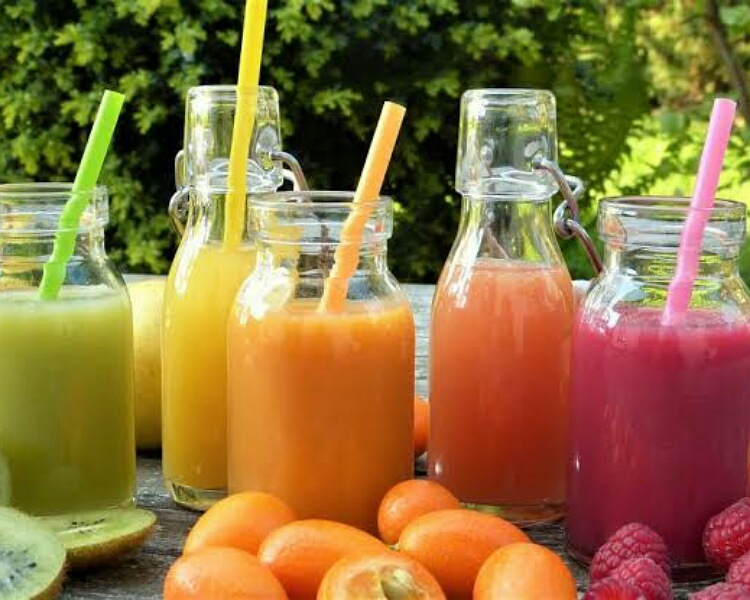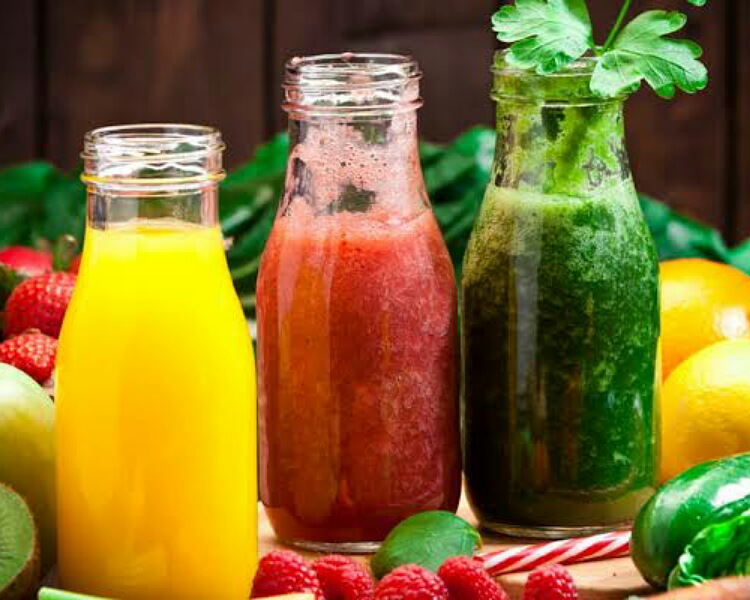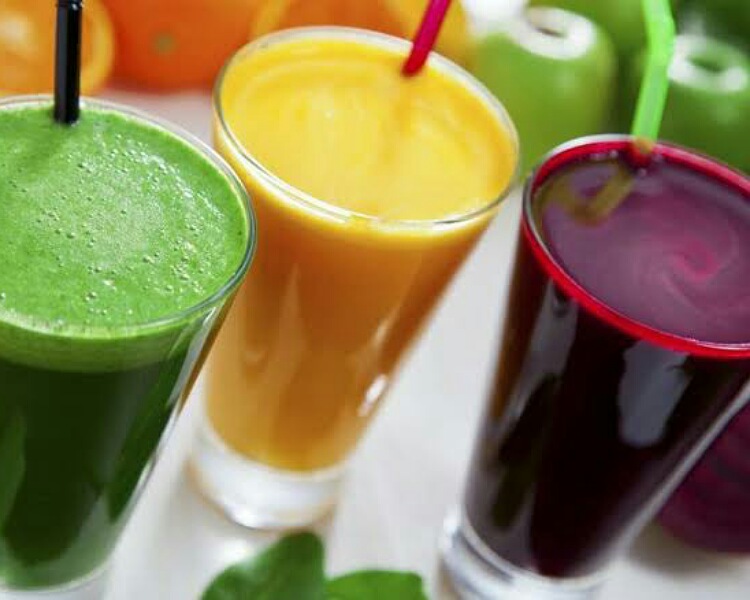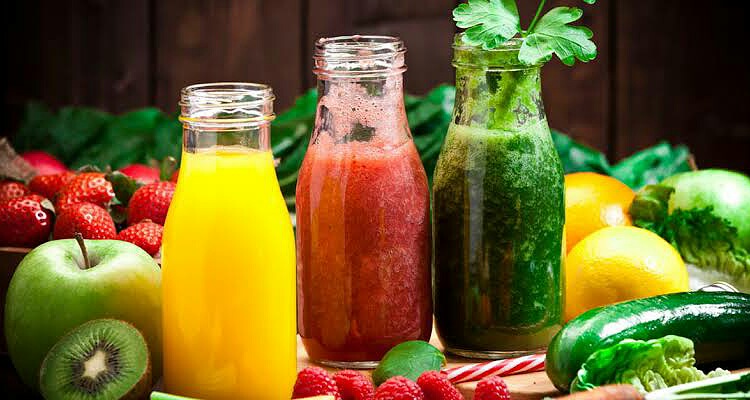Juice cleanse is a detox diet with claims of helping weight loss, increase energy levels, and reduce bloating. But not all nutritionists are in favor of it.
Those against believe that it damages health. Read on to know all the details and pitfalls of this diet.
Juice cleanse diet
Juice cleanse is a kind of detox diet. In this, the person eats no solid foods. He or she only consumes liquids such as juices of fruits and vegetables and nuts.
But in liquids, the person cannot drink tea, coffee, alcohol, and other stimulants. Even sugar is prohibited for those on this diet.
Kara Rosen, founder of a juice brand called Plenish states:
“It’s about flooding your system with an abundance of incredible nutrients,”

She adds:
“On a cleanse, you’re abstaining from eating solid foods, but it’s also about the other thing that you’re not putting into your body (coffee, sugar, alcohol, and stimulants) and getting lots of hydration,”
There are claims that this diet aids in gut health and reduces bloating. The diet can boost energy levels and assist in weight loss.
But all dietitians do not agree with the useful health benefits claims of advocates of this diet. Some nutritionists fear that it will do more harm than good for the body.
The body’s detoxification is active
Everybody has an effective detoxification system. It does need any external help for it if it is healthy. Dietitian Rachel Clarkson who is the founder of DNA Dietitian says:
“The human body has a complex detoxification system in the liver, kidneys, lungs and even skin that are constantly cleansing the body, ridding it of toxins and detoxifying it of any unwanted materials 24 hours a day.”
“No amount of drinking juice will aid with this process. Sadly, juice cleanses have zero scientific evidence to back up their use and are just pseudo-science wellness and marketing claims.”

Other dietitians feel that the diet will not help. Some believe that a juice cleanse diet will cause weight issues in the long run. It can also cause diabetes mellitus type 2, studies have shown.
High risk of diabetes mellitus type 2
The evidence in favor of this diet is lacking. Consuming herbal liquids for a prolonged time could cause an ill-health. Tamra Willner, nutritionist for NHS opines:
“Ironically, if we consistently take a large number of herbal supplements and/or fast it can actually end up damaging our health,”

She continued explaining:
“As detox diets mainly consist of juices, fruits and vegetables, the lack of protein will cause your muscle to waste away.”
“So, while you’ve lost overall weight (which appears good on the surface), you’ve also lost muscle mass (which is bad). This will reduce your longer-term metabolism, meaning that you will burn fewer calories at rest.”
“The goal of weight loss is to reduce body fat while maintaining muscle levels.”
Studies have shown that juices can increase the risk of type 2 diabetes. Whole fruits and berries are better with a lower risk of diabetes.
